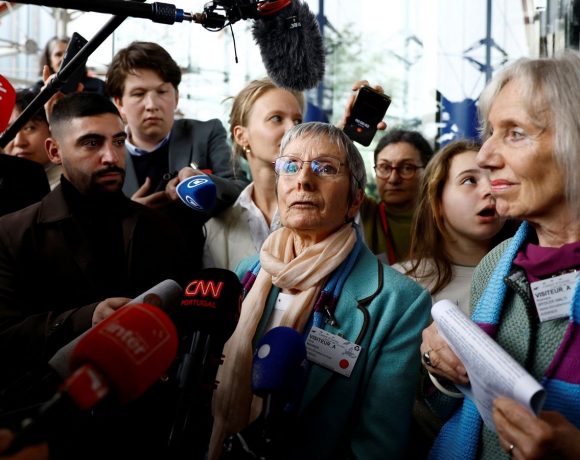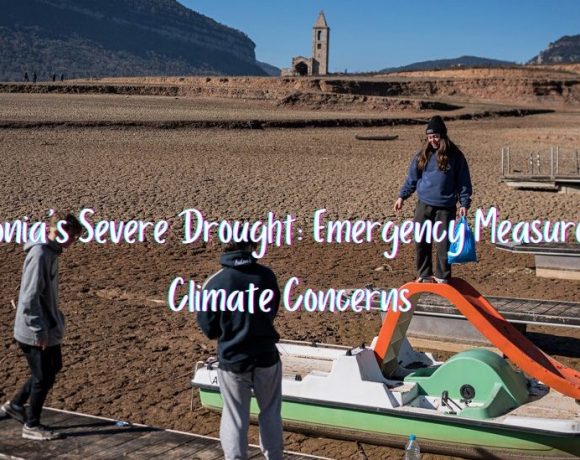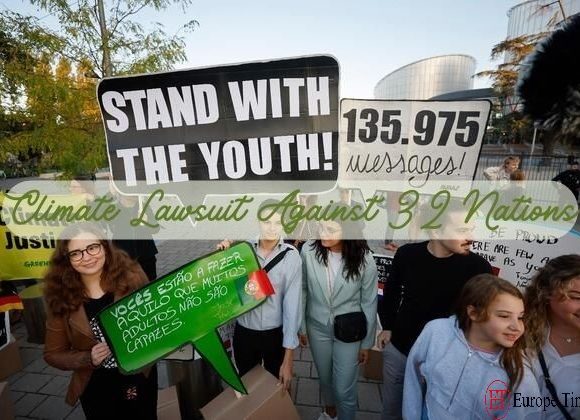
A group of elderly Swiss women have achieved a significant victory in the European Court of Human Rights, marking the first climate case success in the court’s history. These women, primarily in their 70s, emphasized their vulnerability to the impacts of heatwaves associated with climate change due to their age and gender.
The court criticized Switzerland for its insufficient efforts in meeting emission reduction goals, deeming them inadequate. This ruling holds significance as it’s the first time the court has addressed the issue of global warming.
Greta Thunberg, the Swedish activist, joined in the celebration with other activists at the court in Strasbourg. One of the leaders of the Swiss women, Rosemarie Wydler-Walti, expressed disbelief at the victory, highlighting its magnitude.
The court’s decision carries legal weight and could potentially influence legislation in 46 European countries, including the UK. It found Switzerland in breach of its duties under the Convention concerning climate change, noting deficiencies in the country’s climate policies, such as failure to quantify reductions in greenhouse gas emissions.
The group of Swiss women, known as KlimaSeniorinnen or Senior Women for Climate Protection, argued that they faced health risks during heatwaves in Switzerland and were unable to leave their homes. Data showed that March of the same year marked the world’s warmest, continuing a trend of record-breaking temperatures.
However, the court dismissed similar cases brought by Portuguese youths and a former French mayor, who also claimed that European governments were not acting swiftly enough to address climate change, thus violating their rights.
Elisabeth Smart, a member of KlimaSeniorinnen at 76 years old, highlighted her lifelong observations of climate change in Switzerland, having grown up on a farm. Despite the nine-year commitment to the case, she emphasized the innate drive within some individuals to take action rather than remain passive.
While governments worldwide have committed to reducing greenhouse gas emissions significantly, experts and activists warn that progress remains slow, jeopardizing efforts to limit global temperature rise to 1.5°C.
Picture Courtesy: Google/images are subject to copyright


